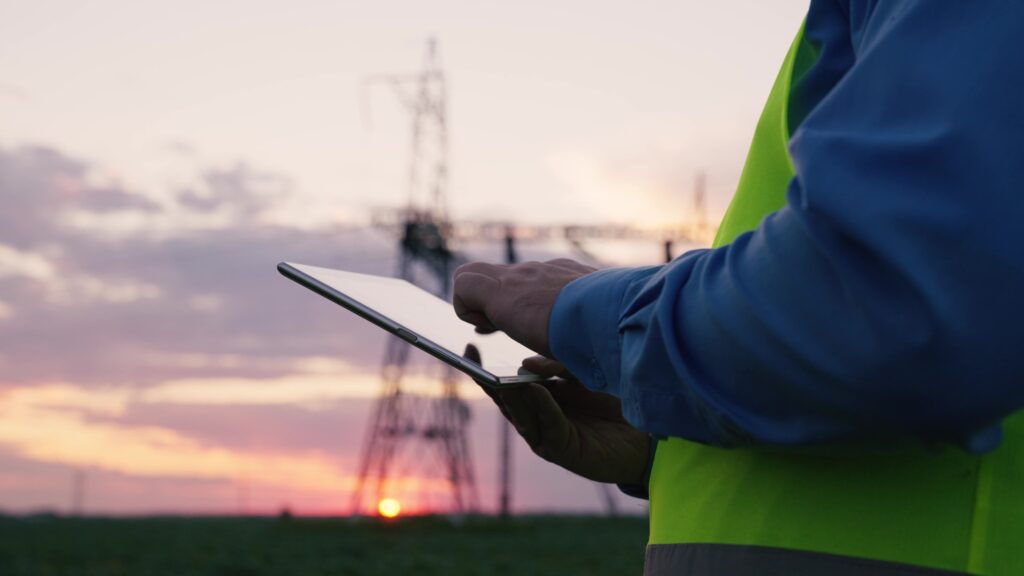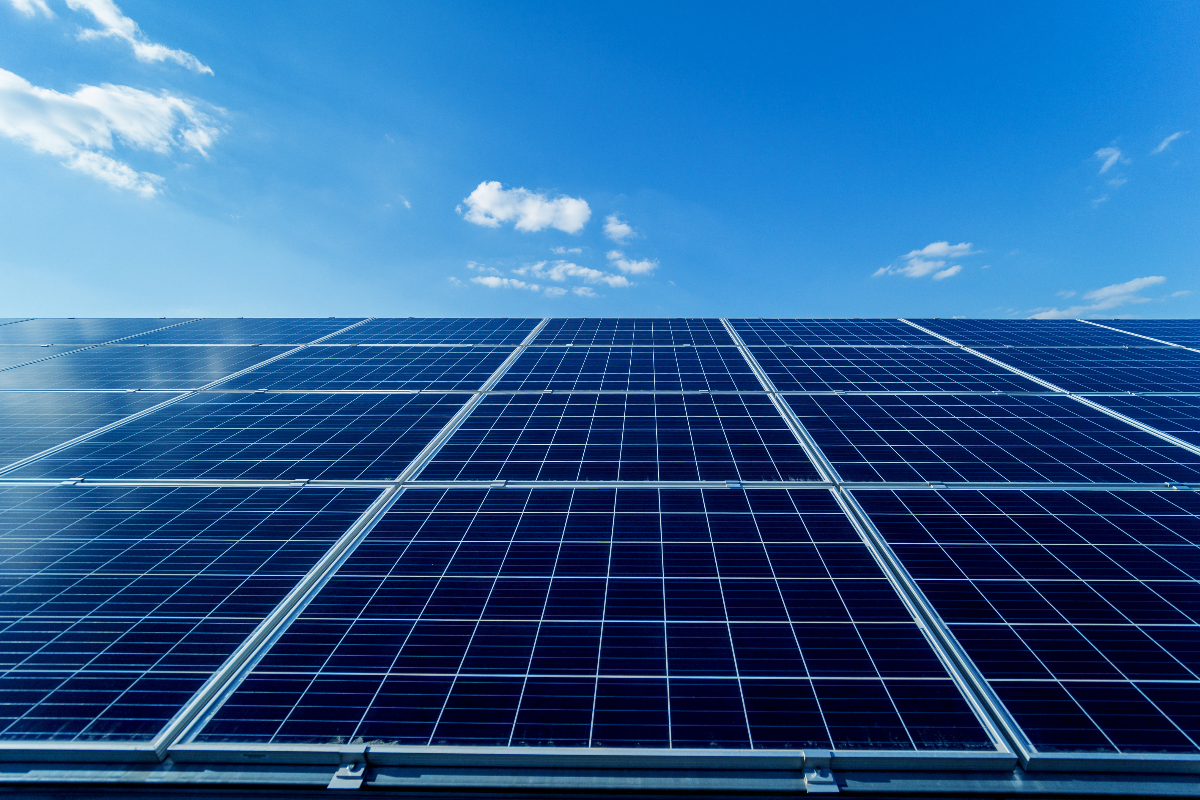NEWS
Net Zero Week 2023: What role does energy play?
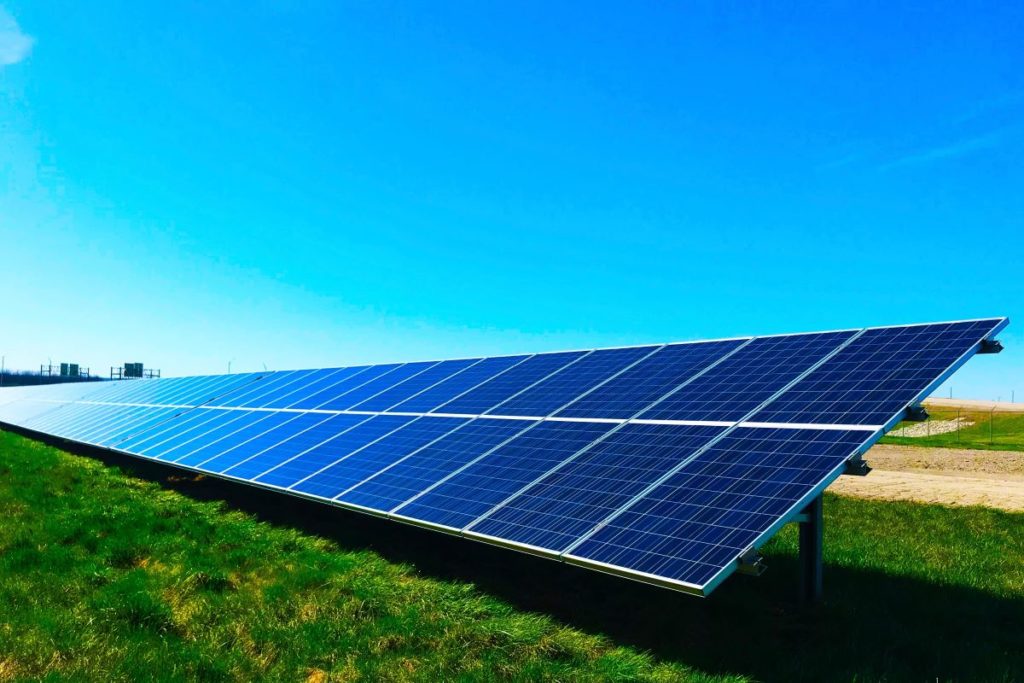
This week marks Net Zero Week, a government backed week focused on drawing attention to how we can become a Net Zero society. The UK has legislated to be Net Zero by 2050 – but to achieve this, we’ll all need to make changes. But what role does energy efficiency play in the road to Net Zero?
What’s the problem?
Energy efficiency and a move to renewable energy is key in becoming Net Zero. While there’s been a big push for a switch to renewable energy sources, we still rely on fossil fuels for a large portion of our electricity. A House of Commons report found that 78% of energy used to power building and transport comes from fossil fuels. However, this percentage is on the decline as over 87% of our energy came from fossil fuels in 2012.
When we use fossil fuels, CO2 is emitted into the atmosphere. This equates to around 34 billion tonnes of C02 each year emitted into the atmosphere. All this contributes to global warming which can have damaging effects on the environment.
Energy doesn’t need to cost the Earth – get a quote today!
What’s the goal?
The goal is to ultimately become Net Zero. In order to achieve this, we need to balance out the amount of CO2 we emit with the amount of CO2 we remove from the environment. As part of the plan to hit Net Zero by 2050, the government has set the target of fully decarbonising the UK’s electricity generation by 2035. To achieve this, there’s a huge push for energy suppliers to focus on renewable sources of electricity. The amount of electricity from renewable sources is on the rise. The record for the maximum amount of wind power generation was broken three times over the course of 2022 – reaching 20.918GW on 30th December 2022. To achieve the Net Zero goals, the UK will need to keep pushing their renewable energy generation. The focus is shifting onto an acceleration of nuclear power and offshore wind farms.
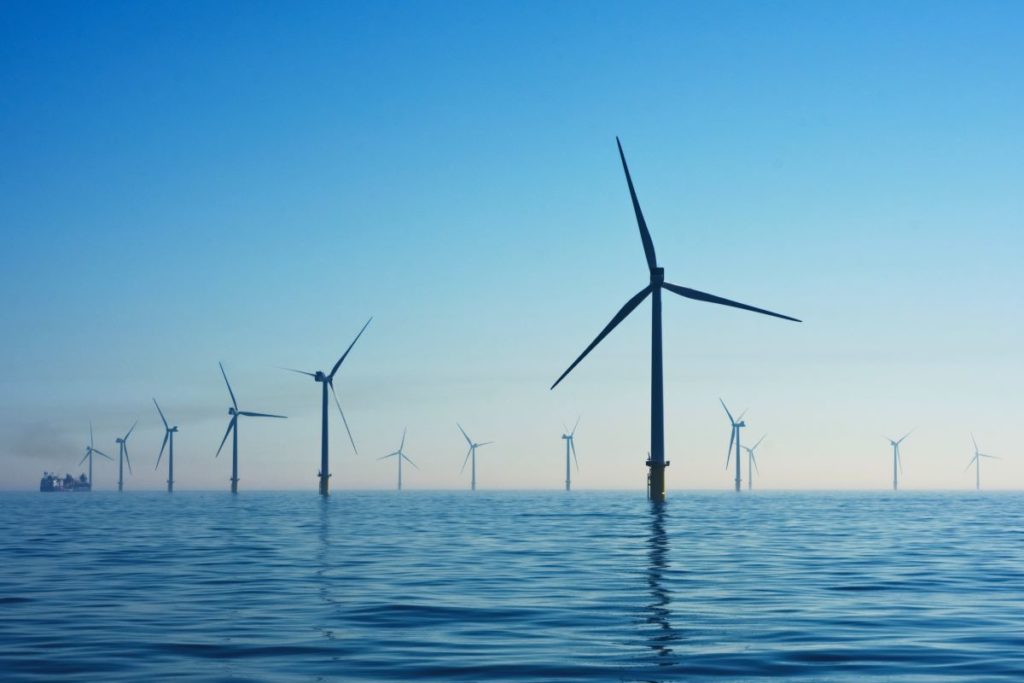
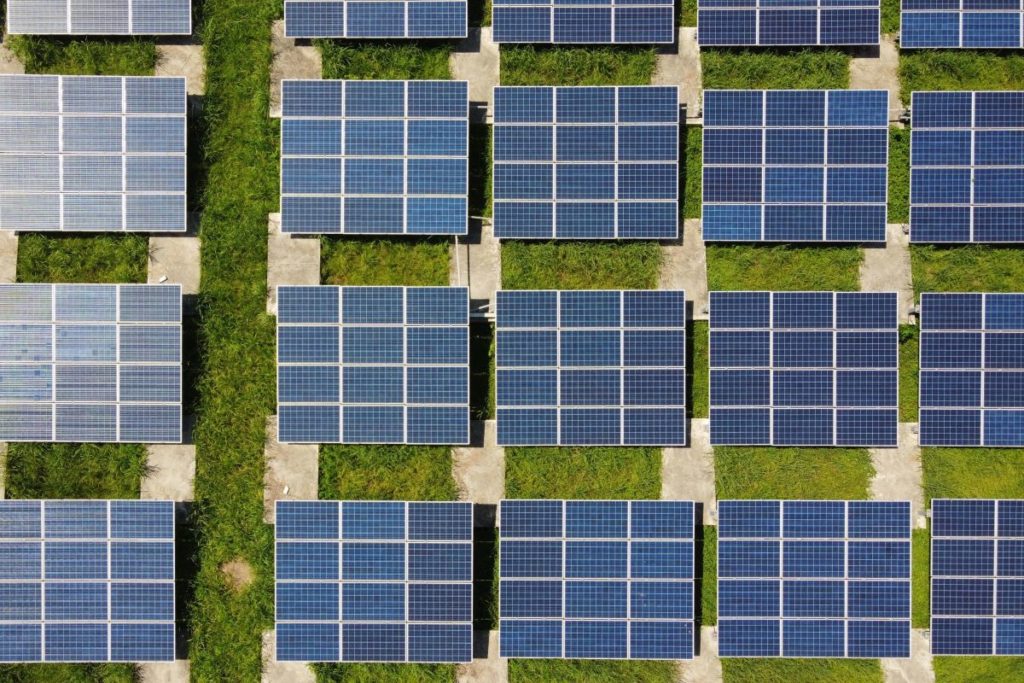
What role do businesses play in becoming Net Zero?
Businesses have a crucial role in the road to becoming Net Zero. One report found that, while 60% of the companies who disclose ‘climate-related’ data to the CDP have targets to reduce emissions, less than 1% are producing transition plans to net-zero that the CDP views as ‘credible’. Larger businesses like these hold the key to unlocking the Net Zero future we want to achieve.
How can businesses achieve Net Zero in the future?
There are so many things that businesses can do to achieve a Net Zero future. Small things like switching to LED lightbulbs can have a huge impact on your business’ carbon footprint. You’ll save on average 5kg of CO2 emissions when you switch to LED bulbs. If you’re a larger business with lots of multi-storey sites or warehouses, the savings will quickly add up.
Generating your own electricity is also a great way to reduce your carbon footprint, helping your business to achieve Net Zero. For example, a large warehouse with a solar panel set of around 1,700 PV modules would save around 180,000 Kg of CO2 from being emitted. Pair this with battery storage and you have the possibility to rely completely on renewable electricity that your site has generated. This can drastically cut your site’s carbon emissions.
Want to learn more about our solar options? Click below!
Larger businesses will need to report their carbon emissions under ESOS every four years. With this kind of data, you’ll be able to know your carbon emissions. You can use to inform your energy saving initiatives. For example, if you know your exact emissions, you can work out how many solar PV modules you’ll need to offset this amount.
Does your business operate a fleet of vehicles? Switching to a fully electric fleet can help you to reduce your carbon emissions too. An EV fleet reduces your carbon emissions by over 15 tonnes per vehicle, per year. If your business has 100 vehicles in its fleet switching to fully electric vehicles would cut 150 tonnes off your emissions each year. You could even pair up your solar panels and EV charging ports with solar car ports to power the fleet with the solar energy you generate on site.
Contact us
Looking to become net zero through a more sustainable energy management system? Our team of experts can help your business achieve sustainability goals through procuring 100% green energy contracts or generating your own renewable electricity. Get in touch with our team of experts today to find out more about Flame Energy’s sustainable solutions.

